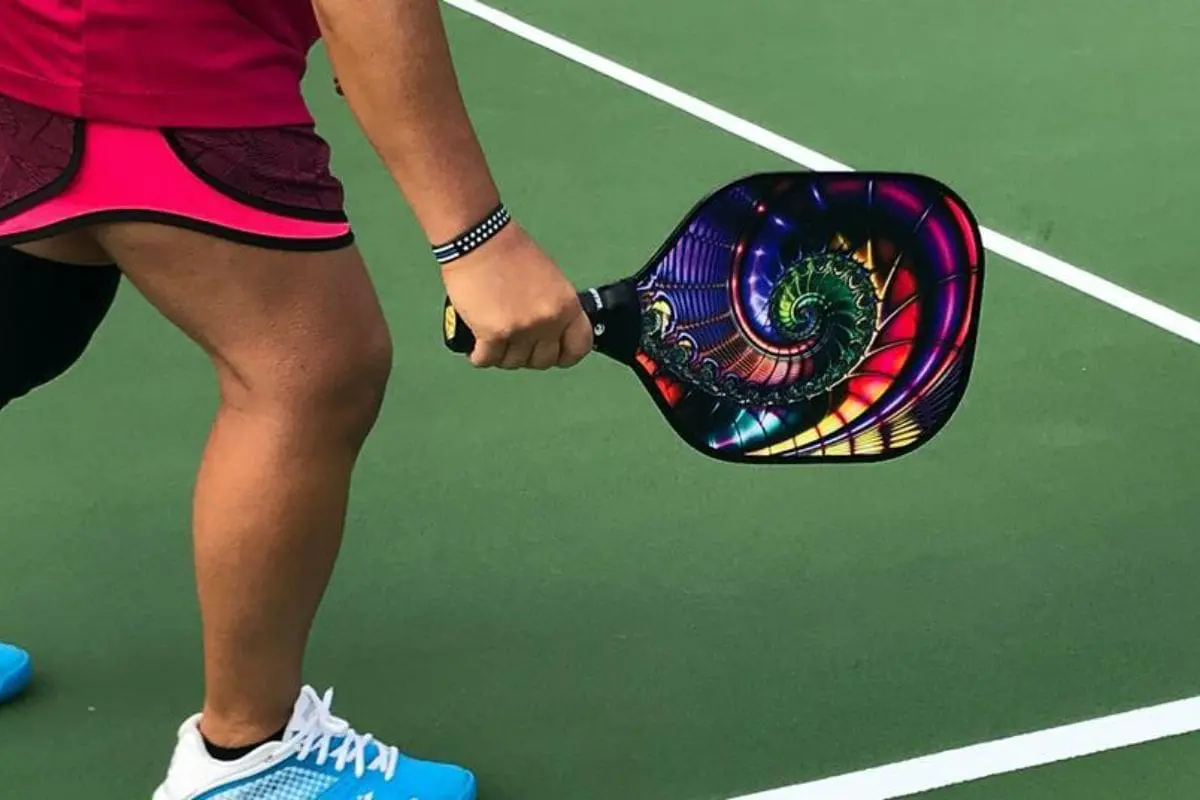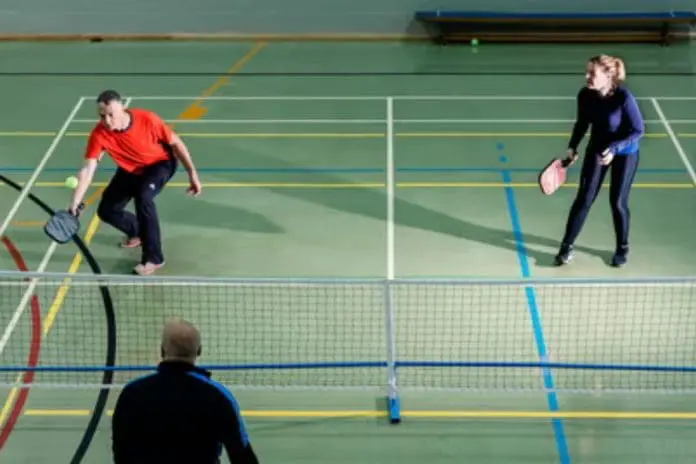Pickleball’s Olympic Bid: As the buzz around the Summer Olympics intensifies, pickleball enthusiasts are asking a pressing question: why isn’t pickleball in the Olympic Games? The answer is steeped in bureaucracy, politics, and a multifaceted process that goes beyond just having a popular sport.
The Challenge of Olympic Inclusion
To make it into the Olympics, a sport must be recognized by the International Olympic Committee (IOC), which evaluates several crucial factors. These include the sport’s global reach, popularity, international federation recognition, and its alignment with Olympic values. This is where pickleball hits a roadblock.
Ryan Maher, Vice President of Commercial Operations at DUPR, sheds light on the complexities facing pickleball’s Olympic bid. He points out that despite the sport’s rapid growth, gaining Olympic status is no easy feat. “There’s a lot more politics and money that goes into it,” Maher notes, debunking the myth that popularity alone can secure a spot in the Games.
Governance and Political Hurdles
One of the major hurdles is the absence of a unified international governing body for pickleball. On May 15, 2024, the United Pickleball Association (UPA), which oversees Major League Pickleball (MLP) and the Professional Pickleball Association (PPA), announced the creation of the United Pickleball Association of America (UPA-A) as the new National Governing Body (NGB) for the sport. This move challenges the longstanding dominance of USA Pickleball (USAP), which has been the de facto NGB since 1984.
This rivalry between UPA-A and USAP could lead to fragmentation within the sport. Discrepancies in rating systems, paddle approval lists, and rule sets could create chaos and stymie pickleball’s unified development. Maher explains, “A sport is not going to make it into the Olympics when you have so much political tension within the sport around who is the governing body internationally.”
Standardization and Financial Implications
Maher also highlights the importance of standardizing equipment regulations, particularly as paddle technology evolves. Uniform standards are crucial to ensure fairness and integrity in the sport. Without a single international governing body to oversee these standards, maintaining consistency becomes a challenge.
Moreover, financial backing plays a pivotal role in the Olympic bid. Maher draws a parallel with squash, which faced a lengthy struggle for Olympic inclusion until significant financial investments from wealthy patrons came into play. “It wasn’t until the billionaires got involved that squash made its way,” he points out.
A Long Road Ahead
Despite these challenges, Maher remains cautiously optimistic. He believes that while pickleball’s path to Olympic recognition is filled with obstacles, it’s not out of the realm of possibility. “The reality is that we’re so early in the sport’s growth… It’s going to take a while for that all to tease out,” he says. Maher suggests that while Olympic inclusion may not be feasible before 2036, the sport is on a trajectory that could eventually lead to it.
The journey to Olympic inclusion for pickleball is emblematic of the broader challenges faced by emerging sports. The sport’s growth is undeniable, but the road to the Olympics is paved with complex challenges that go beyond mere popularity. The need for a unified international governing body, standardization of equipment, and substantial financial backing are significant hurdles. However, with ongoing efforts to address these issues and the sport’s continued growth, pickleball may yet find its place on the Olympic stage in the future.

News in Brief: Pickleball’s Olympic Bid
Pickleball’s path to Olympic inclusion is complex, involving factors beyond its popularity. The sport must be recognized by the International Olympic Committee (IOC) and meet criteria like global reach and alignment with Olympic values. Currently, pickleball struggles with political hurdles due to competing governing bodies, such as the newly established United Pickleball Association of America (UPA-A) challenging the dominance of USA Pickleball (USAP). Standardizing equipment and securing financial backing are also critical. Ryan Maher from DUPR notes that while pickleball’s Olympic bid faces significant obstacles, ongoing efforts, and the sport’s growth could eventually lead to its inclusion, possibly by 2036.
Our Readers Queries:
Ques: Is pickleball a high intensity sport?
Ans: Pickleball can be a high-intensity sport, especially during competitive matches. The fast-paced nature of the game, combined with quick lateral movements and strategic shot placement, provides an excellent cardiovascular workout while keeping players engaged and on their toes.
Ques: Can you build muscle playing pickleball?
Ans: Yes, you can build muscle playing pickleball. The sport’s dynamic movements, including quick sprints, lateral shifts, and powerful strokes, engage various muscle groups. While it may not replace traditional strength training, regular play can contribute to muscle toning and endurance.
Also Read: 2024 Major League Pickleball Season Kicks Off with Thrilling Events
